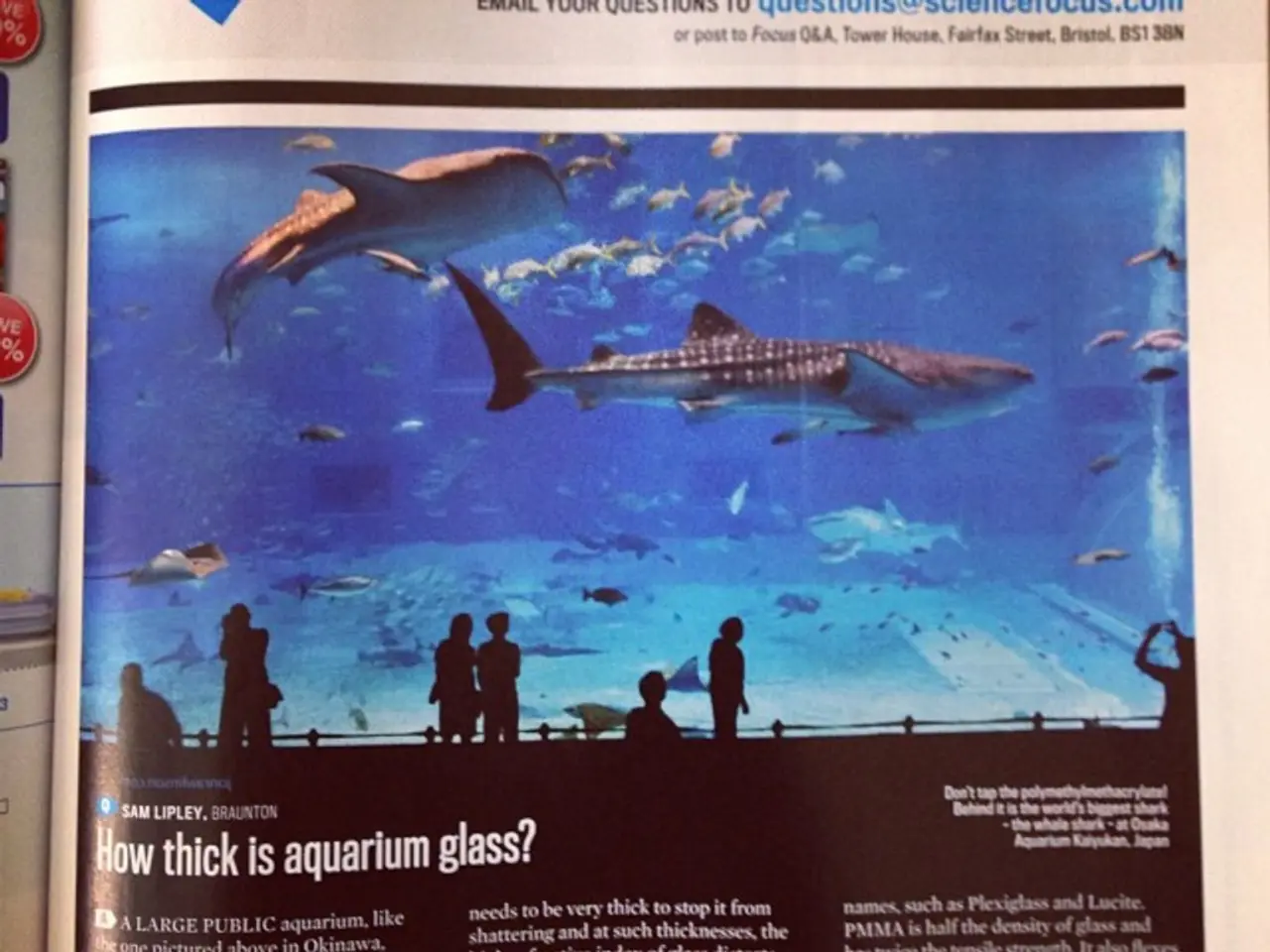Bill Proposing Restoration of Online Tribal Gambling in Maine Once More Fails
In a recent turn of events, a bill that aimed to grant exclusive online gambling rights to Maine's Wabanaki tribes has been effectively halted in the House. This decision comes after concerns were raised by commercial casino operators, regulatory agencies, and some lawmakers about the potential negative impact on existing brick-and-mortar casinos and social issues like gambling addiction.
One of the key reasons for the bill's stall is the opposition from commercial casinos. Operators like Churchill Downs and Penn Entertainment, along with the Maine Gambling Control Unit, have expressed fears that the bill could cannibalize revenue from existing physical casinos in Bangor and Oxford, threatening approximately 400 jobs.
Regulatory and social concerns also played a significant role in the bill's delay. The Maine Gambling Control Board and the Department of Health and Human Services voiced worries about increased gambling addiction and regulatory challenges with expanding online gambling exclusive to tribes.
The bill received about 59% support in the House, falling short of the two-thirds majority needed to override a potential veto by Governor Janet Mills, who had previously expressed opposition to expanding online gaming.
Potential implications for existing casino operators include significant revenue loss, job risks, and competitive pressures. Estimates suggest that online casinos could cost existing Maine casinos up to $67 million in revenue, posing a serious financial threat to the current retail gaming market. With revenue declines expected, the stability of casino jobs in the state — around 400 positions — could be at risk.
However, supporters of the bill argue that it would help the Wabanaki Nations overcome legal restrictions stemming from the 1980 Maine Indian Claims Settlement Act, boost tribal economies, and generate new tax revenues (18% tax on gross revenue, potentially $1.8 million in the first year). These funds could be used for addiction treatment and social programs.
The bill envisioned partnerships between tribes and established online operators like DraftKings and Caesars to leverage existing sports betting infrastructure successfully launched in 2023.
If passed, the Wabanaki tribes in Maine would have been granted exclusive rights to online gambling activities. However, the blend of opposition from existing casino interests, social and regulatory concerns, and Governor Mills' reluctance led to the House not advancing the bill, delaying its fate until the 2026 legislative session.
It is important to note that iGaming has not yet reached the popularity and expansion of sports betting, which is legal in nearly 40 US states. Online gambling is currently available in less than 10 states across the country, including New Jersey, Michigan, Pennsylvania, Delaware, and others.
As the situation stands, Maine's four federally recognized tribes continue to offer exclusive online sports betting services. The bill proposing the expansion of tribal gambling in Maine did not pass, but supporters may revisit the proposal in the future, potentially changing the landscape of gaming in the state.
- The proposed bill that aimed to give exclusive online gambling rights to Maine's Wabanaki tribes was halted in the House, following concerns from commercial casino operators, regulatory agencies, and lawmakers about its potential negative impact on existing casinos and social issues like gambling addiction.
- Operators like Churchill Downs and Penn Entertainment, along with the Maine Gambling Control Unit, fear the bill could cannibalize revenue from existing physical casinos in Bangor and Oxford, threatening approximately 400 jobs.
- Concerns around increased gambling addiction, regulatory challenges, and the exclusivity of online gambling for tribes were raised by the Maine Gambling Control Board, the Department of Health and Human Services, and some lawmakers.
- Without the necessary two-thirds majority support in the House, the bill fell short of overriding a potential veto by Governor Janet Mills, who had expressed opposition to expanding online gaming.
- The stall in the bill could have significant implications for existing casino operators, potentially leading to significant revenue loss, job risks, and competitive pressures, with online casinos estimated to cost existing Maine casinos up to $67 million in revenue.




